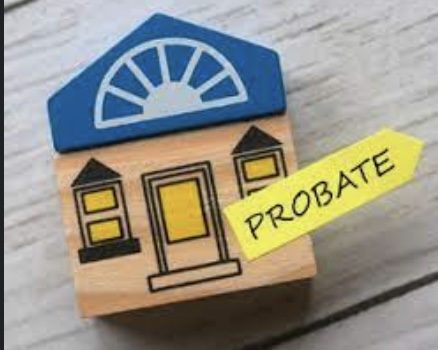Contested probate is a situation that can arise when there are disagreements about the validity of a will or the administration of an estate. These disputes can be costly and time-consuming, and often result in bad blood between family members. In this blog post, we will dispel some of the most common myths about contentious probate.
Myth #1: Only rich people have to worry about contested probate.
Contested probate can happen regardless of the size of an estate. Even if there is not a lot of money or property at stake, family dynamics can make contentious probate more likely. For example, if there are several siblings who do not get along, they may be more likely to contest a will. Or, if someone was left out of a will entirely, they may be more likely to contest it.
Myth #2: The best way to avoid contentious probate is to have a valid will.
Having a valid will does not guarantee that there will be no disputes after your death. Even if you have taken care to plan your estate and make your wishes clear, there is always the potential for someone to contest the will. If you have a contentious relationship with certain family members, it may be best to try to resolve those issues before you create your will.
Myth #3: The best way to avoid contested probate is to have a trust.
Like a will, a trust can be contested after your death. However, trusts are generally more difficult to contest than wills because they are often created with the help of an attorney and are subject to different laws. If you are concerned about the possibility of contentious probate, you should speak with an experienced estate planning attorney about whether a trust is right for you.
Myth #4: If my will is contested, it will automatically go to court.
Not all contested probates end up in court. In many cases, the parties are able to resolve their differences without going to court. However, if the parties cannot reach an agreement, the case may go to trial. At trial, a judge will make a ruling on the validity of the will or the administration of the estate.
We hope you found this blog post helpful. If you have any questions about contentious probate or any other estate planning issues, please contact us. We would be happy to help you plan for your future and avoid contentious probate disputes. Contact Mark Reynolds Solicitors for more information about contentious probate today.



